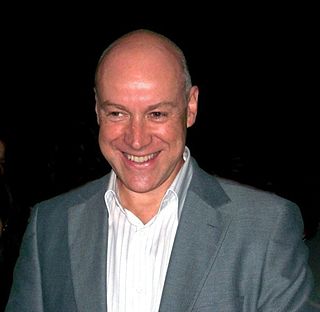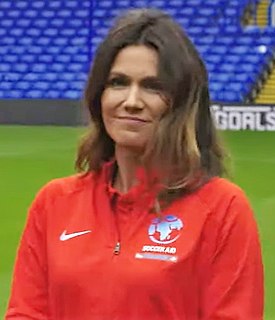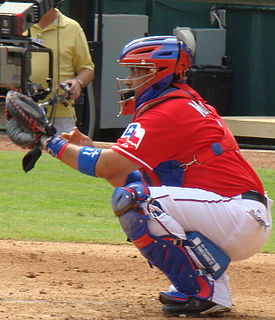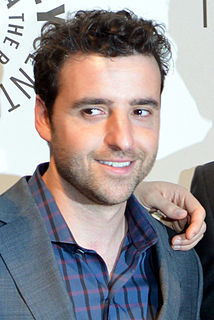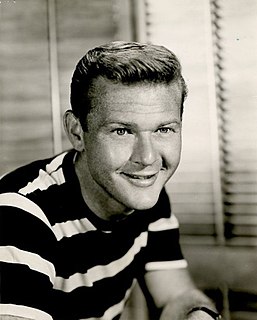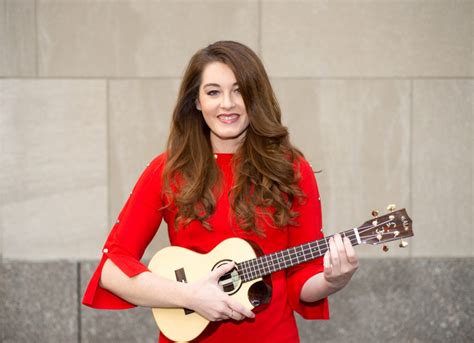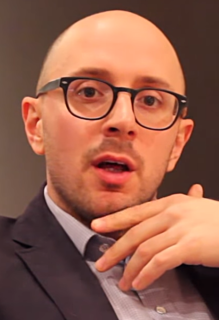A Quote by Anthony Warlow
I start the show, and the armour goes on, and the showman comes out. When the show is finished, that comes off, and I become soft centred again.
Related Quotes
I started over again with an image: Nothing goes right. Then when The Godfather came out, all I heard was, Show respect. With me, you show respect. So I changed the image to I don't get no respect. I tried it out in Greenwich Village. I remember the first joke I told: Even as a kid, I'd play hide and seek and the other kids wouldn't even look for me. The people laughed. After the show, they started saying to me, Me, too - I don't get no respect. I figured, let's try it again.
If you're a pitcher, and you're pitching and you strike me out and you start celebrating on the mound and showing me off, whenever I get a hit off you, I'm going to go and celebrate, and you shouldn't get mad. If you're a pitcher and strike me out and show me respect and you don't show me up, when I get a homer or a hit, I'm not going to show you up. That's what I believe.
You think that sense of humor goes as far as our ideology. I think that ultimately, we have we have very interesting reactions on our show. People are constantly saying, "I love your-your show is so funny, until you made a joke about global warming, which is a serious issue, and I can't believe you did that. And I am never watching your show again."
There were a lot of lessons of production to be learned. On the page, the biggest thing you learn on any TV show is how to write to your cast. You write the show at the beginning with certain voices in your head and you have a way that you think the characters will be, and then you have an actor go out there, and you start watching dailies and episodes. Then, you start realizing what they can do and what they can't do, what they're good at and what they're not so good at, how they say things and what fits in their mouth, and you start tailoring the voice of the show to your cast.
